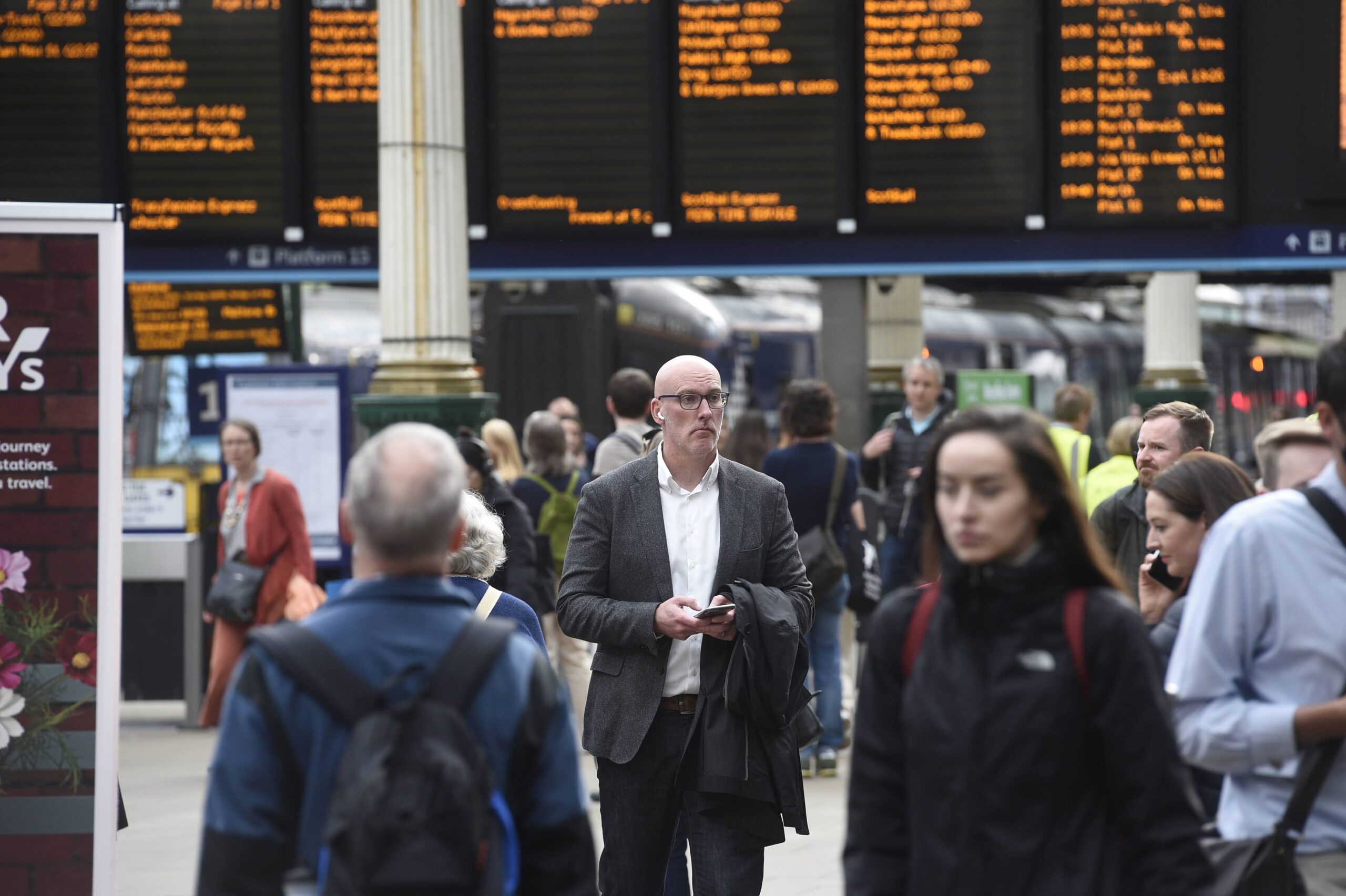
How late is late? Research on bus passengers’ views of punctuality
16 January 2014
Bus passengers are tolerant of some lateness – within reason – but feel that their complaints will be ignored when there is a problem.
Passengers are generally prepared to turn up early or catch an earlier service when their journey is time-critical. But many feel that there is no point complaining directly to bus operators because they won’t get a response.
These findings are part of the independent watchdog’s look at what people thought of bus punctuality and timetable information – and what they wanted in future.
David Sidebottom, acting chief executive of Passenger Focus, said:
“Our bus passenger survey shows punctuality is one of the main reasons for people to be unhappy with their bus service. We wanted to explore this, and find out what people actually want from published timetables.
“We’ll now take the results of this and our other work on punctuality round to local authorities and bus operators as a way of bringing to life what makes a good service for passengers.”
The research found that:
- Most passengers are quite forgiving about buses turning up late, feeling that there is little bus drivers can do to avoid the traffic. They see timetables as a ‘guide’ rather than a promise, spontaneously mentioning that giving them five minutes’ leeway feels about right.
- Passengers do not expect all buses to be on time and are prepared to ‘forgive’ occasional lateness so long as they perceive bus operators to be doing their best and not running buses that regularly turn up late, or ever leave early.
- Overall, passengers would prefer a timetable that is accurate and harder to remember than one that is easy to remember but less accurate. This challenges some conventional thinking on timetabling and may warrant some further exploration.
- Passengers seem to distinguish between poor punctuality (represented by their bus turning up late at the start of their journey) and ‘delays’ (the bus arriving late at their destination).
- Most passengers feel there is no point complaining to the operator either because they do not generally regard it as important enough to complain or because, when they have done so, they have not received a reply.
- Passengers feel that punctuality data, independently audited, should be published and made available to regulatory bodies even if most passengers have little appetite in searching it out. Some suggested that there might be a public relations benefit to operators from publicising that “more than 9 out of 10 of our services are on time” on the back of buses.
A summary and full report about this research is available to download:
- Bus punctuality and timetables – Summary report
- How late is late – What bus passengers think about punctuality and timetables – Full report.



